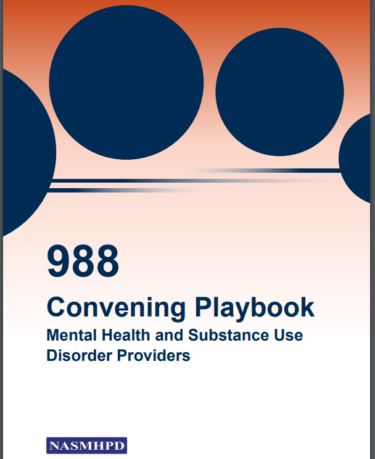Enhancing Harm Reduction Services in Health Departments
Harm Reduction Vending Machines
Harm reduction vending machines (HRVMs) provide an easily accessible method for people who use drugs (PWUD) to obtain a range of risk reduction supplies with minimal to no requirements for usage. HRVMs may also offer resources for their participants, such as naloxone administration instructions, overdose education, safer drug use tips and contact information for referral services.
HRVMs often supplement existing harm reduction programs, which typically have fixed sites or storefronts with regular business hours. However, for individuals who cannot or will not access these sites (e.g., those without access to public transportation or those who are mistrustful of health care settings), HRVMs can serve as a lower-barrier mode of accessing harm reduction supplies.
The National Council for Mental Wellbeing — with support from the Centers for Disease Control and Prevention — conducted a mixed-methods review to create this educational brief grounded by real-world experience. Download the full brief for an overview of the current landscape of HRVMs in the U.S., along with detailed considerations for health departments and community partners to use when planning and implementing HRVMs.
This publication was supported by the Centers for Disease Control and Prevention (CDC) of the U.S. Department of Health and Human Services (HHS) as part of a financial assistance award totaling $248,980 with 100% funded by CDC/HHS. The contents are those of the author(s) and do not necessarily represent the official views of, nor an endorsement by, CDC/HHS or the U.S. Government.


